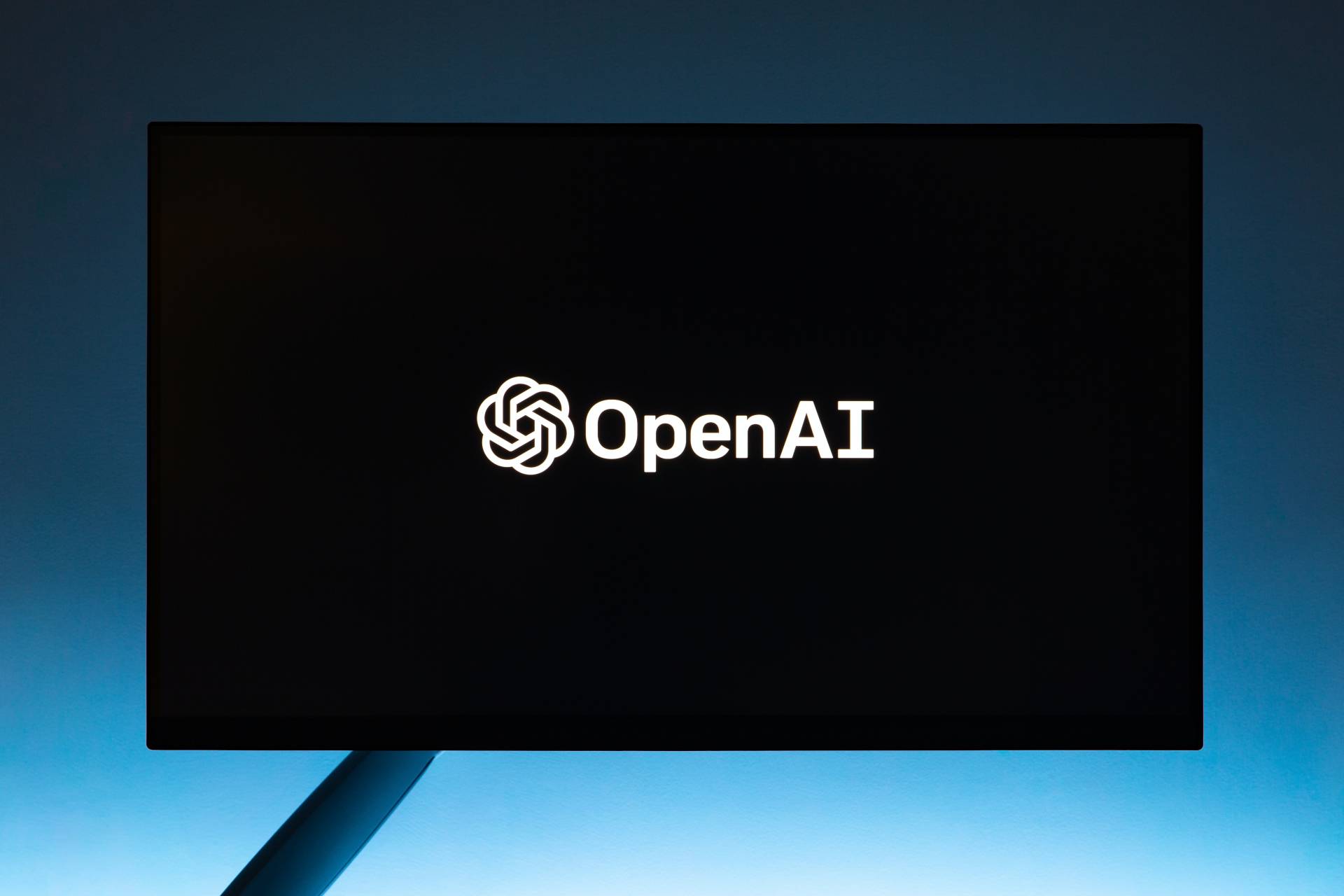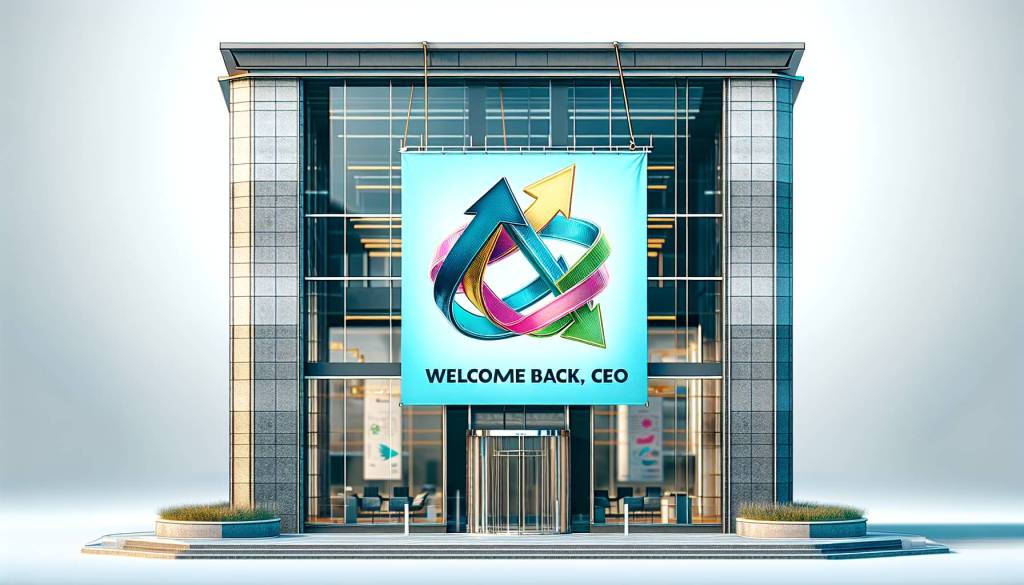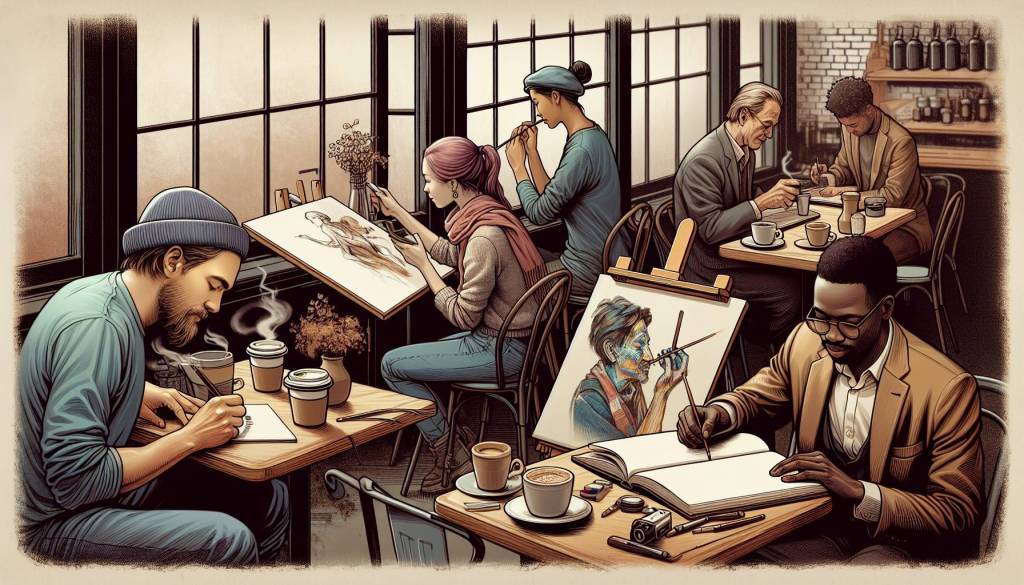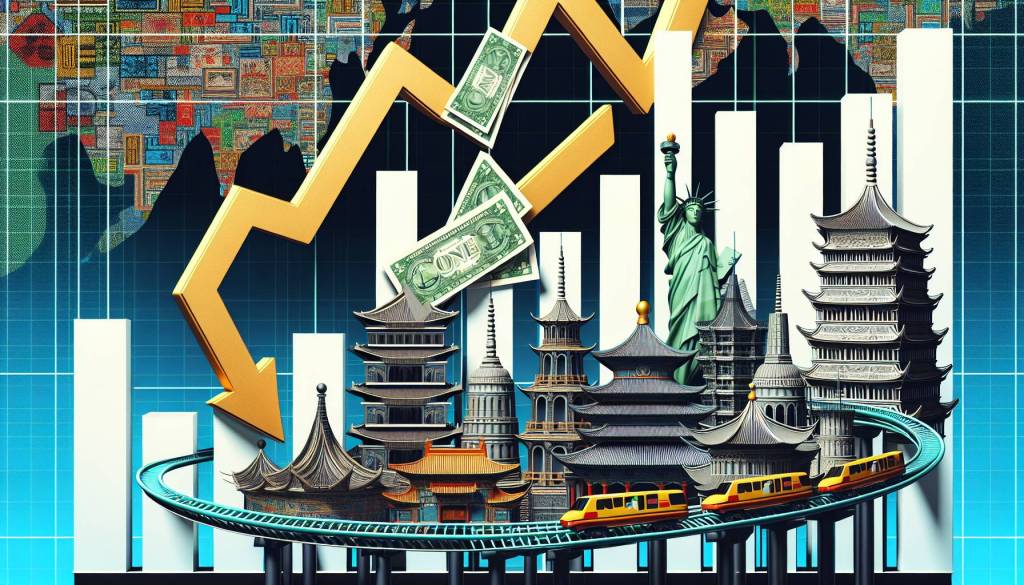In a shocking turn of events, OpenAI, a prominent AI company, recently experienced a tumultuous week filled with power struggles and leadership changes. The events that transpired during this chaotic period have ignited fresh debates about the future of artificial intelligence and the direction the industry should take. This article delves into the key developments, the growing divide between innovation and safety concerns, and the implications of these events for OpenAI and the AI industry as a whole.
The Ouster of Sam Altman
The week began with a surprising announcement from OpenAI’s board regarding the removal of its chief executive officer, Sam Altman. The board cited a lack of consistent candor as the reason for Altman’s ouster. This unexpected move sent shockwaves through the company and drew comparisons to popular TV shows like “Succession” and “Game of Thrones.” The suddenness of the decision and the vague language used by the board raised questions and fueled speculation about the underlying motives.
OpenAI’s Workforce Rebellion
In response to Altman’s ouster, OpenAI’s workforce rallied together and expressed their support for him through an open letter. The letter, signed by the majority of the company’s employees, threatened to leave OpenAI and join Altman at Microsoft, where he had been hired to lead a new AI project. The unexpected show of solidarity from the workforce further complicated the situation and put pressure on OpenAI’s board to address the concerns raised.
Altman’s Return and Board Restructuring
Amidst the chaos, OpenAI announced that an agreement in principle had been reached for Sam Altman to return as CEO. Furthermore, the board underwent a significant restructuring, with all members who had opposed Altman’s leadership being removed, except for Quora CEO Adam D’Angelo. The new board lineup included former Salesforce co-CEO Bret Taylor and former US Secretary of the Treasury Larry Summers. Altman’s influence and international fame appeared to be stronger than ever.
Theories and Speculation
The lack of transparency surrounding Altman’s dismissal led to a plethora of theories and speculations within Silicon Valley. One prevailing theory suggested that the board’s decision was driven by concerns that OpenAI had deviated from its core principles and was prioritizing AI commercialization over safety. This theory gained traction with the revelation that OpenAI researchers had warned the board about a potentially dangerous technological breakthrough. However, these theories remained largely speculative, fueled by rumor and the rapid dissemination of information in the news cycle.
A Growing Divide in the AI Industry
The events of the past week have exposed a deepening divide within the AI industry. On one side are those pushing for innovation and rapid development, while on the other side are stakeholders primarily concerned with safety. This divide has become increasingly polarized, with discussions on social media turning into a Team Sam versus Team Safety dynamic. Journalist Casey Newton described this polarization as depressing, highlighting the need for a more nuanced and balanced approach to the future of AI.
Altman’s Reputation and the Steve Jobs Comparison
Altman’s reputation has experienced both praise and criticism in the wake of OpenAI’s turmoil. Some supporters liken him to Steve Jobs, the visionary founder of Apple, praising Altman’s ambition and role in ushering in a new technological era. However, critics view him as a dangerous executive driven by personal ambition rather than a commitment to responsible AI development. It’s important to recognize that the future of AI should not solely rely on any one individual or company but should involve a collaborative effort from various industry players, governments, and regulatory bodies.
Implications for the AI Industry
The events at OpenAI have broader implications for the AI industry as a whole. It highlights the need for a comprehensive approach to AI development that balances innovation with safety and ethical considerations. The debate sparked by OpenAI’s chaotic week serves as a reminder that the future of AI is not solely determined by one company or executive but requires collective actions, regulations, and responsible decision-making. As the industry progresses, it is crucial to address concerns surrounding the potential risks and impact of AI on society.
See first source: The Drum
FAQ
Q1: Why was Sam Altman ousted from his position as CEO of OpenAI?
A1: OpenAI’s board cited a lack of consistent candor as the reason for Sam Altman’s removal as CEO. The specific details surrounding his ouster were not fully disclosed, leading to speculation and questions about the board’s motives.
Q2: What was the response from OpenAI’s workforce to Sam Altman’s ouster?
A2: In response to Altman’s removal, OpenAI’s workforce expressed their support for him through an open letter. The majority of the company’s employees signed the letter, threatening to leave OpenAI and join Altman at Microsoft, where he had been hired to lead a new AI project.
Q3: What happened after Altman’s ouster and the workforce’s open letter?
A3: Amidst the turmoil, an agreement in principle was reached for Sam Altman to return as CEO of OpenAI. The board also underwent significant restructuring, with members who had opposed Altman’s leadership being removed, except for Quora CEO Adam D’Angelo.
Q4: Why did the events at OpenAI result in theories and speculations within Silicon Valley?
A4: The lack of transparency surrounding Altman’s dismissal and the suddenness of the decision led to various theories and speculations within Silicon Valley. One theory suggested that concerns about AI safety and a perceived shift towards prioritizing AI commercialization over safety played a role in the board’s decision.
Q5: What divide has been exposed within the AI industry due to these events?
A5: The events at OpenAI have exposed a growing divide within the AI industry. On one side are those advocating for innovation and rapid development, while on the other side are stakeholders primarily concerned with safety. This divide has become polarized, leading to discussions that are often framed as Team Sam versus Team Safety.
Q6: How has Sam Altman’s reputation been impacted by these events?
A6: Sam Altman’s reputation has received both praise and criticism. Some supporters liken him to Steve Jobs for his ambition and role in advancing AI technology, while critics view him as an executive motivated by personal ambition rather than a commitment to responsible AI development.
Q7: What are the implications of these events for the AI industry?
A7: The events at OpenAI highlight the need for a balanced approach to AI development that considers innovation, safety, and ethical considerations. The industry debate underscores the importance of collective actions, regulations, and responsible decision-making to address the potential risks and societal impact of AI as it continues to advance.
Featured Image Credit: Photo by Andrew Neel; Unsplash – Thank you!













